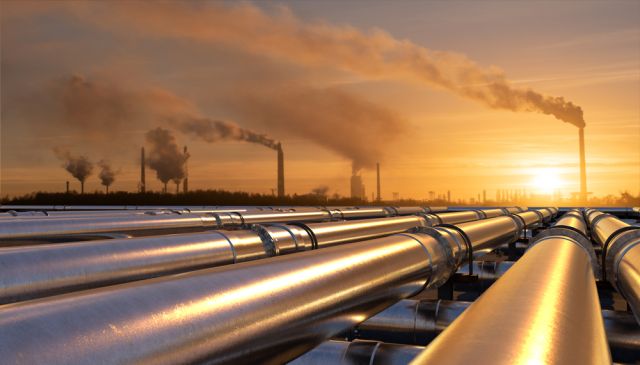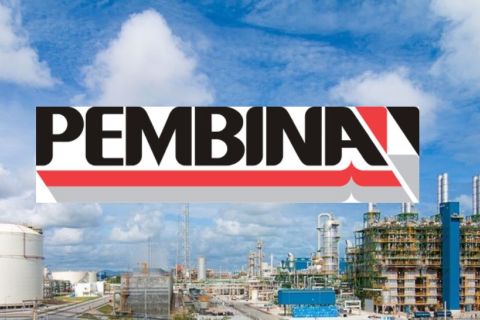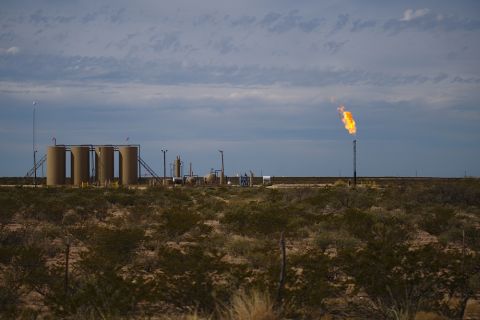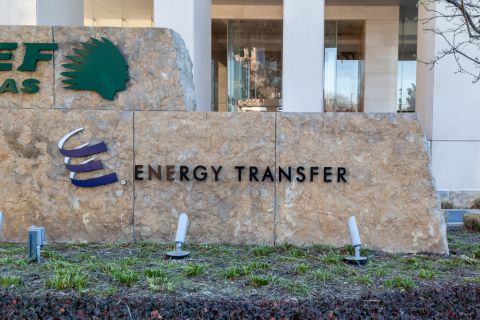
The CA$30.9-billion ($US23.2 billion) expansion project is expected to triple shipments of crude from Alberta to Canada’s Pacific coast at a rate of 890,000 bbl/d. (Source: Shutterstock)
A request to alter Canada’s sole westbound crude pipeline was denied after the builder failed to address concerns about the structure’s integrity and impact on the environment, according to Canada Energy Regulator.
On Oct. 31, the Trans Mountain Corp. (TMX) requested a variance to decrease the pipe’s diameter, wall thickness and coating on a 2,300 m segment where drilling conditions became challenging. The variance was denied on Dec. 5. TMX warned that the denial could cause a two-year delay in construction, which is scheduled for completion in the first half of 2024.
In a Dec. 20 release, Canada Energy Regulator’s commission said it shot down the variance request citing three reasons. First, TMX “did not demonstrate compliance with [its] quality management program,” and did not show that the materials for the narrower pipe would meet the standard of the rest of the line.
The company also didn’t demonstrate how it would conduct in-line inspections before opening the line for service. And Trans Mountain did not address the “potential environmental impacts from material quality changes and lack of in-line-inspection capability.”
The next week, the Canadian-owned corporation re-filed its variance, seeking a reversal of the decision by Jan. 9 to keep the project on schedule, warning of a “catastrophic” two-year delay and billions of dollars in financial losses.
Tom Sharp, director of permitting intelligence at Arbo, an energy infrastructure data and intelligence company, wrote that the firm was doubtful Trans Mountain’s new request would be granted.
“The Canada Energy Regulator may hold another public hearing on that request, or it could simply deny the request on similar grounds to the original,” Sharp wrote. “Based on the decision on the prior request, and because of the safety reasons given, we think the renewed request for a variance is also likely to be denied.”
In its original variance request, Trans Mountain said a rejection of the plan could cause a delay of about 59 days. However, the company later said continuing with the original diameter comes with risks due to the area’s geology.
“If the HDD (horizontal directional drill) fails and Trans Mountain is required to implement an alternative installation plan, the TMEP [Trans Mountain expansion project] schedule will likely be delayed by approximately two years, and Trans Mountain will suffer billions of dollars in losses,” the company said.
The Canada Energy Regulator’s decision indicates the company did not convince regulators, at least the first time around, Sharp wrote.
“TMX expects there to be a minimum of a two-month delay in completing the project — which would mean the earliest it would start would be late in the second quarter,” he wrote. “The warning of a possible two-year delay is in the case of the HDD failing, and CER was not convinced it would, so it assumed the 59-day estimate was correct. TMX claims they have new evidence that the HDD will fail, but that may still not sway the CER.”
Construction on the Trans Mountain expansion is 97% complete. The CA$30.9-billion ($US23.2 billion) expansion project is expected to triple shipments of crude from Alberta to Canada’s Pacific coast at a rate of 890,000 bbl/d.
Recommended Reading
Targa Expects Another Major Permian Pipeline Project This Year
2024-05-03 - Targa Resources says different projects are falling in place for gas capacity expansion
Pembina Pipeline Enters Ethane-Supply Agreement, Slow Walks LNG Project
2024-02-26 - Canadian midstream company Pembina Pipeline also said it would hold off on new LNG terminal decision in a fourth quarter earnings call.
Waha NatGas Prices Go Negative
2024-03-14 - An Enterprise Partners executive said conditions make for a strong LNG export market at an industry lunch on March 14.
Post $7.1B Crestwood Deal, Energy Transfer ‘Ready to Roll’ on M&A—CEO
2024-02-15 - Energy Transfer co-CEO Tom Long said the company is continuing to evaluate deal opportunities following the acquisitions of Lotus and Crestwood Equity Partners in 2023.
Williams Beats 2023 Expectations, Touts Natgas Infrastructure Additions
2024-02-14 - Williams to continue developing natural gas infrastructure in 2024 with growth capex expected to top $1.45 billion.





